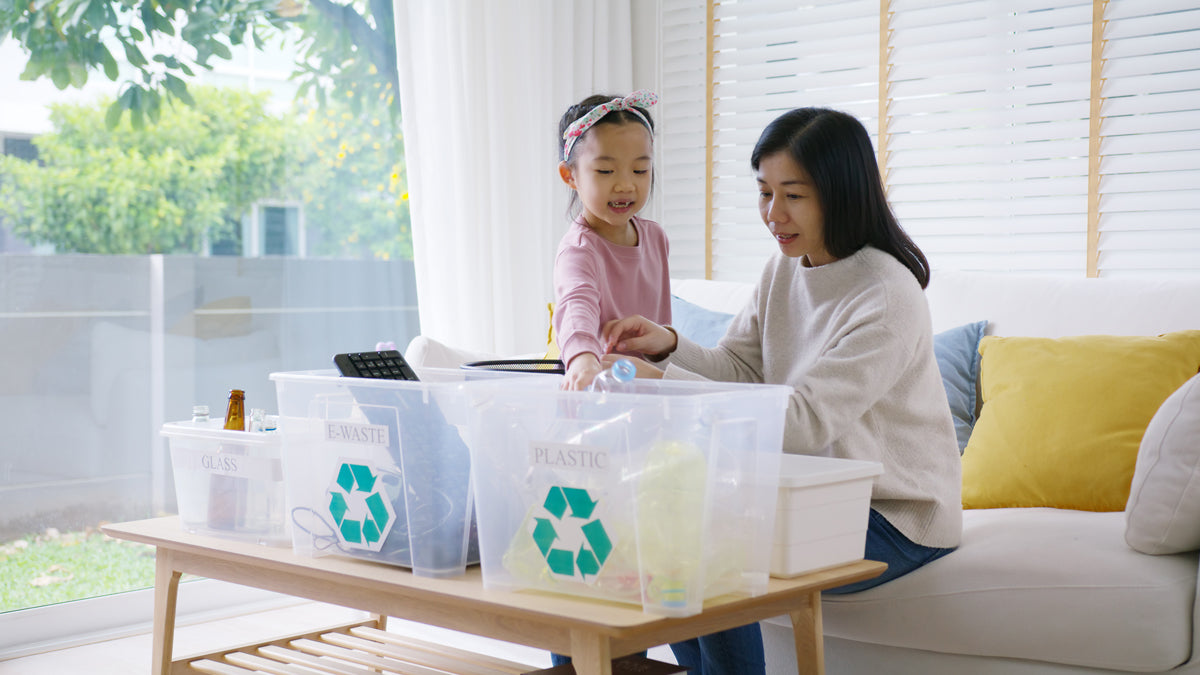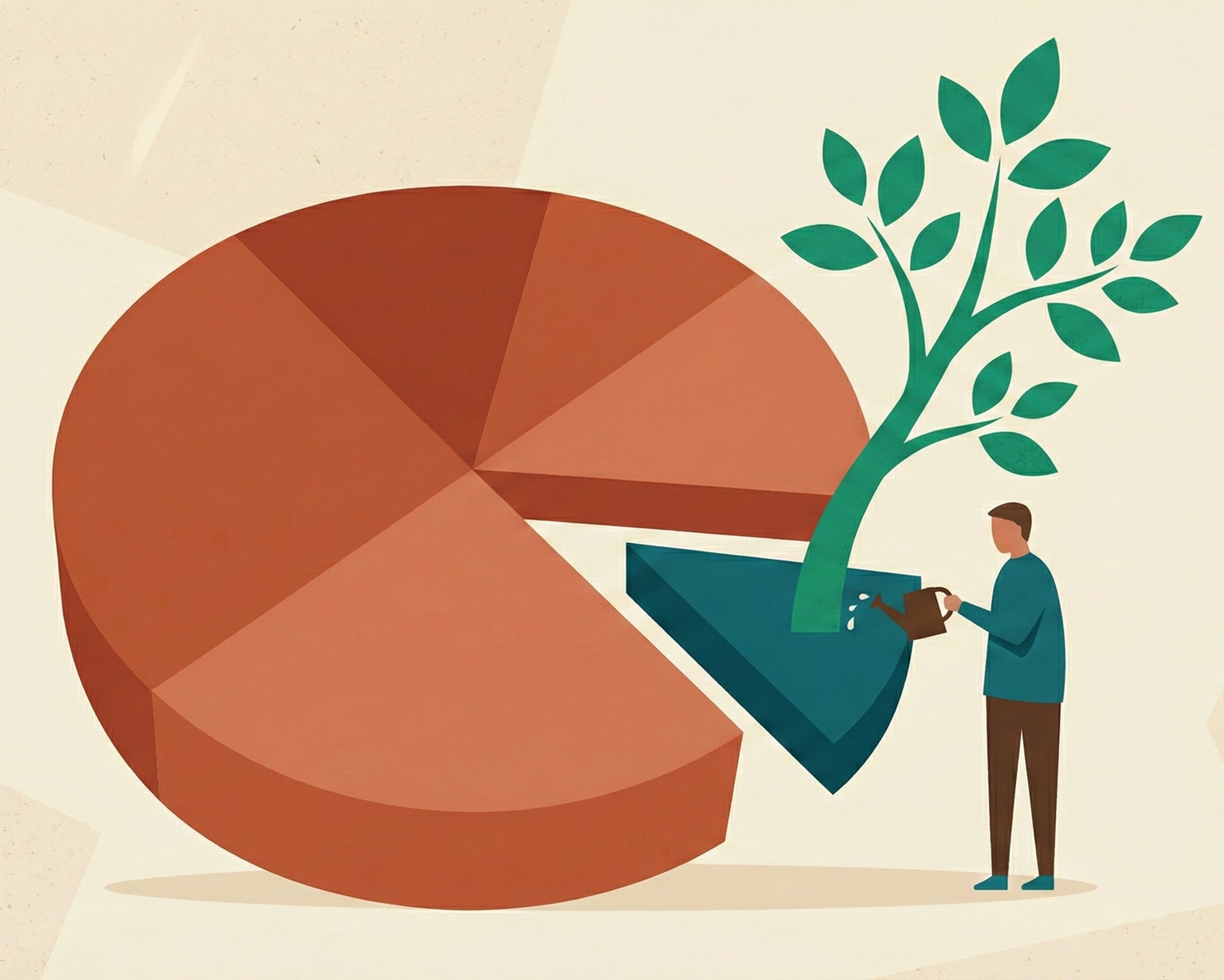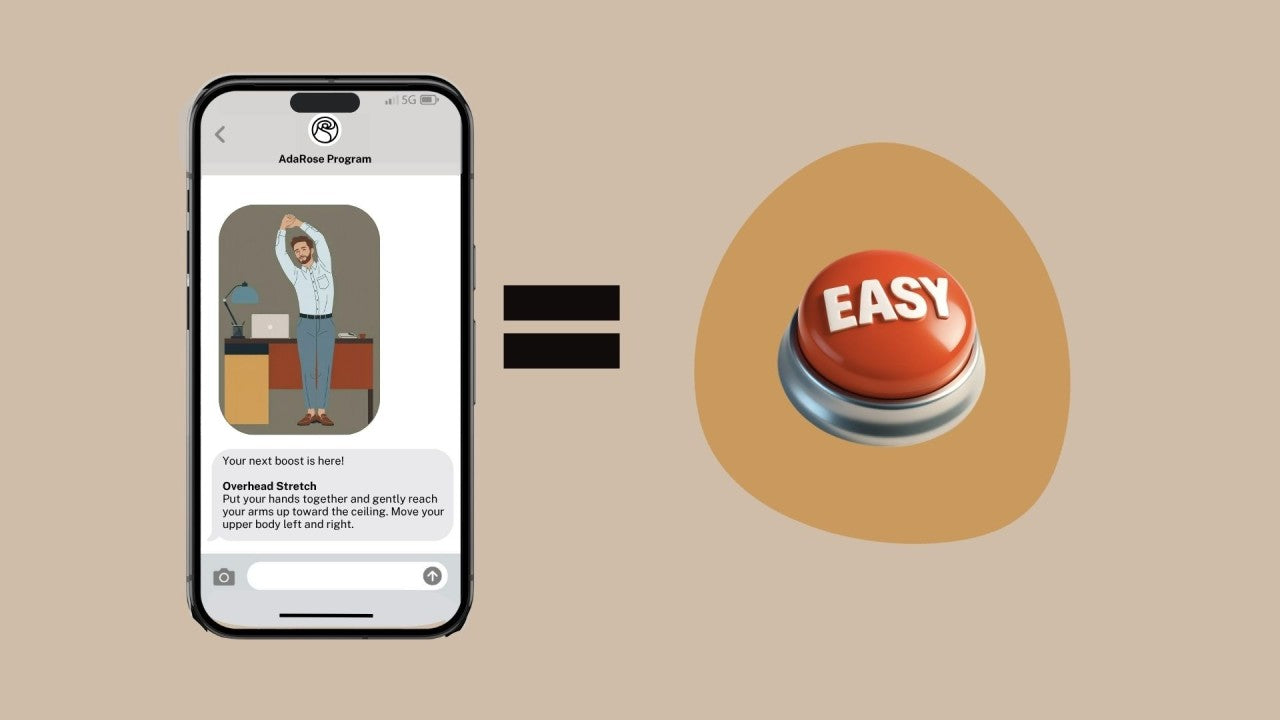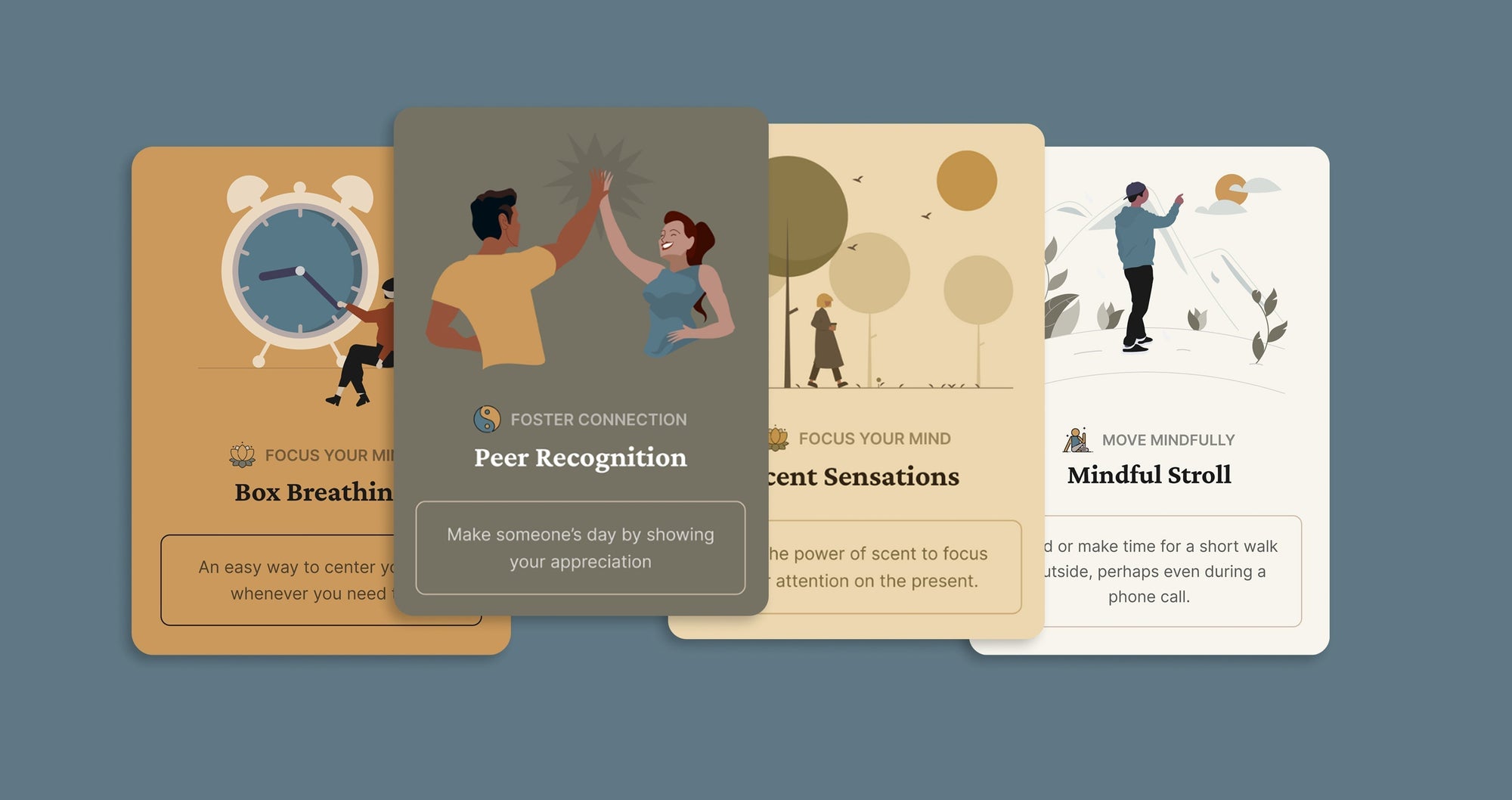How many old cell phones, laptops, or devices do you have lying around the house? Getting rid of them in a safe way supports your own and your community’s health.
E-waste harms the environment
Did you know that only 10% of cell phones in the US are recycled, and that most Americans replace their mobile phones every 12 to 18 months? Most of these old phones turn into electronic waste or "e-waste."
E-waste also includes discarded laptops, TVs, household appliances, and wearable fitness trackers. These discarded devices contain chemicals and metals such as lead and zinc that are bad for people’s health, especially children’s health.
When e-waste gets dumped into landfills, the toxic material it contains leeches out to pollute groundwater and air, damaging fish and animals, plants, and people. As much as 40% of the heavy metals in landfills come from e-waste.
The health impact of e-waste
It is increasingly obvious that our physical environment impacts our health. According to this infographic from the University of Southern California Los Angeles (UCLA), the physical environment is responsible for about 10% of what shapes our health overall.

Factors that contribute to health.
Environmental safety risks ranging from gun violence on the streets to pollution in the air undermine our health, and e-waste is an important part of that picture.
According to the World Health Organization (WHO), the health of millions of kids is being damaged by e-waste. It can cause changes in lung function, respiratory problems, developmental and behavioral issues, alter DNA, and increase the likelihood of developing chronic conditions later in life. The kids and adults harmed by e-waste are mostly from poorer neighborhoods and developing countries, where a lot of waste from the developed world is shipped.
While some environmental issues are beyond our control, it’s fairly easy to dispose of old electronics safely to keep yourself and the larger community healthier.
What to do with old technology?
You have three basic choices: donate it, recycle it, or resell it. Your decision may vary based on the type of technology you’re getting rid of and which organizations are in your area or accessible through shipping.
Donate technology
This is the best choice for technology that is still usable but no longer needed by you. Maybe you’ve upgraded, or simply no longer use it. I live on a street with a lot of foot traffic, so I sometimes just put things including clothing, technology, and even furniture out on the sidewalk with a “free” sign and it gets picked up. (I also pick up stuff other people are giving away sometimes!)
Alternatively, see if you have friends or neighbors who might want your still-working tech (you can post on Freecycle). Another option is to give to local charities including your closest Goodwill or the Salvation Army.
One of my favorite nonprofits, RecycleHealth, contributes to health both by keeping used fitness trackers out of landfills and by giving them to members of underserved populations. Check out my interview with founder Dr. Lisa Gualtieri below (or read the transcript). Digitunity is another nonprofit that is working to close the digital divide by repurposing used technology.
Recycle technology
Sometimes technology is just broken or obsolete. It may be that no one wants your old DVD player. Consumer Reports offers some guidance on what to do. In short, you can take it to a professional recycler, or take it back to some tech retailers.
The Consumer Technology Association has an online search tool that helps you find a local recycling center in your zip code or region. I’ve taken electronic devices as well as old paint cans to the transfer station closest to me in Washington DC. It’s open only once or twice a month, but it feels great to drop off a collection of things and know they’ll be processed responsibly.
As far as retailers go, I have exchanged old Apple products through the Apple store's trade in program. Big box stores like Best Buy and online retailers like Amazon also offer tech recycling programs.
Resell technology
Relatively new technology in good condition can sometimes be resold, netting you some extra cash as well as helping the environment. My husband and I carried a large pair of speakers that were one of his first major adult purchases through several moves until he finally decided to sell them on Craigslist.
Though it was hard for him to say goodbye, he was happy that the speakers went to someone who appreciated them. I was happy to have the extra space, and we both benefited from “sushi money,” as he calls it—an unexpected financial windfall that can be used for sheer fun (in our case, in the form of a sushi dinner).
Other options include Facebook Marketplace, eBay’s electronics section, and local online marketplaces in your area. As someone who’s bought a car and sold a bunch of furniture online, I’m definitely in favor of online reselling.
Technology and the environment
Responsibly disposing of used technology is, of course, just one way to be thoughtful about the relationship between technology and health in your life. There are also many digital tools to help you better manage your health and healthcare and the choices you make in everyday life, such as prioritizing responsibility sourced food, or using an ebike to get more exercise and limit pollution.
Have you found other ways to responsibly dispose of used technology, or leverage technology to improve the environment and your own health?





